Which Credit Cards Use Equifax?
- February 19, 2025
- 15 min read
-
14090 reads
If you’re searching for “which credit cards use Equifax,” you’re likely trying to strategize your credit card application based on your credit score from this particular credit bureau.
Credit Cards That Use Equifax
- Upgrade Cash Rewards Visa® – Best For Cash Back
- Destiny® Mastercard® – Best For Credit Building
This is a common approach for many who believe their Equifax score might give them a better shot at approval. However, it’s important to understand that credit card issuers often don’t disclose which credit bureaus they use and may not rely exclusively on Equifax.
What You Need to Know:
- Credit Bureau Usage is Varied and Unpredictable: Credit card companies may use Equifax, but they also commonly use Experian and TransUnion. The choice of bureau can vary based on the card, the application, or even the state you’re in.
- Minor Score Differences Typically Don’t Affect Approval: Slight differences in your credit scores across different bureaus are usually not decisive in credit decisions. Lenders consider a range of factors beyond just a single credit score.
- Significant Score Discrepancies Need Attention: If there’s a large variance in your scores across bureaus, it could indicate errors or fraudulent activity on your credit report, which you should address promptly.
- Focus on Overall Credit Health: Instead of worrying about which bureau a card issuer will check, it’s more beneficial to focus on maintaining good credit habits, like timely payments, low credit utilization, and a diverse credit mix.
Major issuers like Chase, Citi, Capital One, and others often check multiple bureaus to get a comprehensive view of your creditworthiness.
What is Equifax?
Equifax is one of the three major credit bureaus in the United States, along with Experian and TransUnion. That means that when you apply for a credit card, your issuer will likely pull your credit report from Equifax.
Credit Cards That Use Equifax
Many credit card companies rely on Equifax to check creditworthiness before approving a credit card application.
Some of the major credit card companies that use Equifax include American Express, Bank of America, Capital One, Chase, Citi, Discover, and Wells Fargo.
These companies may use Equifax to verify your identity, check your credit history, and evaluate your credit score. But again, there is no way of knowing they will only pull from Equifax.
Lesser-known credit card companies that may also use Equifax include Barclaycard, BB&T, and TD Bank.
Upgrade Cash Rewards Visa®
The Upgrade Cash Rewards Card offers:
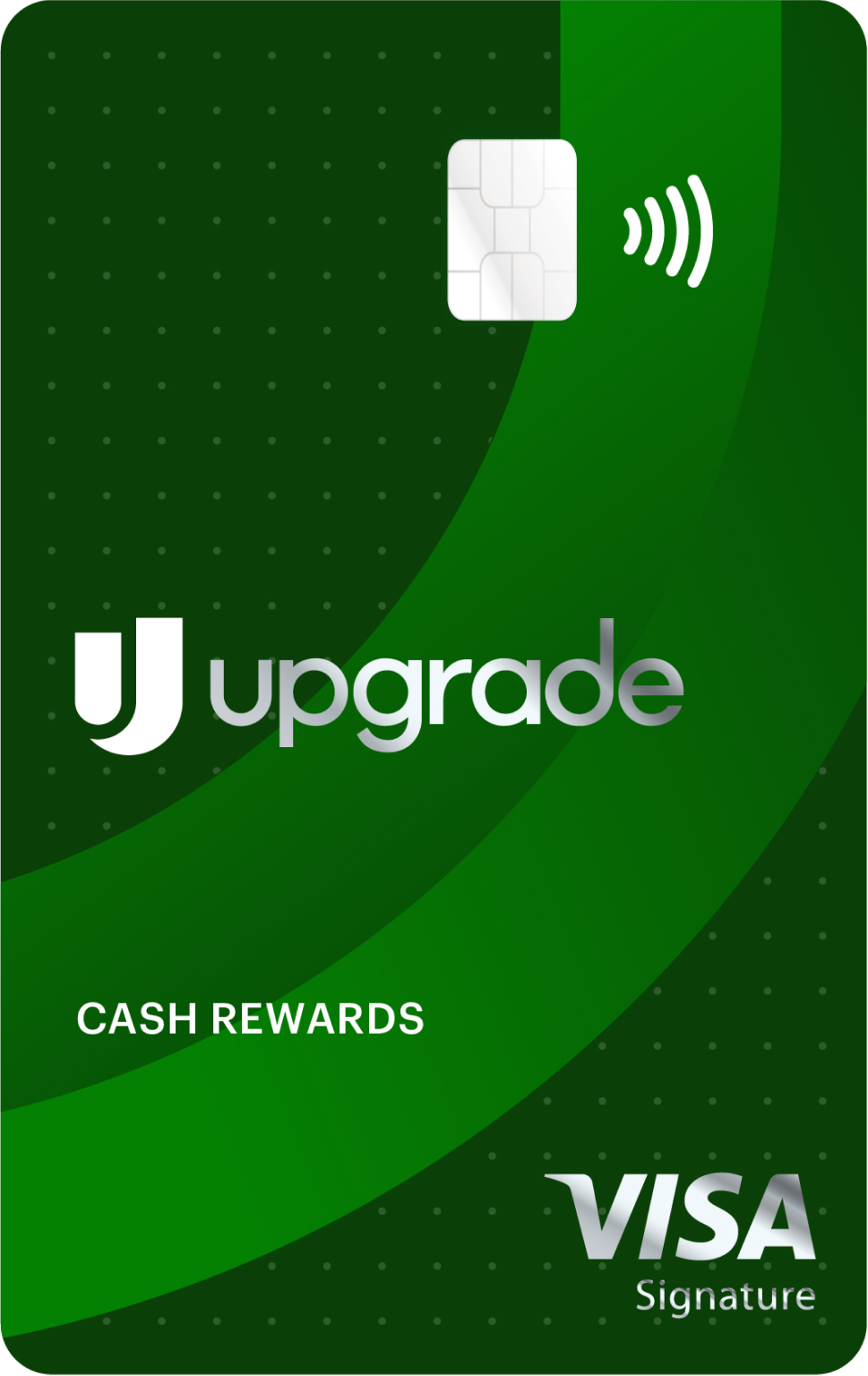
- 1.5% Unlimited Cash Back: Earn on every purchase.
- $200 Welcome Bonus: For opening a Rewards Checking Plus account and making 3 debit card transactions.
- No Annual or Late Fees: Cost-effective for users.
- Credit Line Options: Ranges from $500 to $25,000.
- Fixed-Rate Monthly Payments: Combines credit card flexibility with personal loan predictability.
- Extra Cash Back: Up to 10% through Upgrade Shopping powered by Dosh® on eligible purchases.
- Visa Network Access: Accepted widely with contactless payment technology.
This card is ideal for those seeking consistent cash back and additional savings without annual fees.
Destiny® Mastercard®
The Destiny® Mastercard® is worth considering if you’re looking to build your credit score.
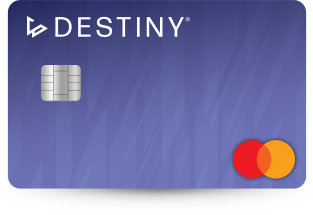
This card has an annual fee of $75, with a 25-day interest-free period.
Although this card doesn’t have a rewards program, it’s a good option if you have less-than-perfect credit and want to improve your score.
Pre-qualification requires only a soft credit check so your credit won’t be impacted.
Chase Freedom® Flex Card
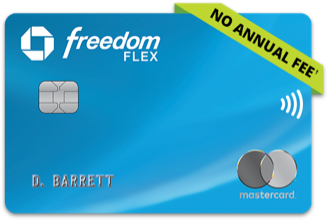
The Chase Freedom® Flex Card is a great option if you’re looking for a cash-back card that uses Equifax. With this card, you’ll earn 5% cash back on up to $1,500 in combined purchases in bonus categories each quarter you activate.
Plus, you’ll earn 1% cash back on all other purchases. There’s no annual fee for this card, making it a great option for budget-minded consumers.
If you’re looking for a travel rewards card that uses Equifax, the Capital One® VentureOne® Rewards Credit Card is worth considering.
Discover it® Cash Back Card
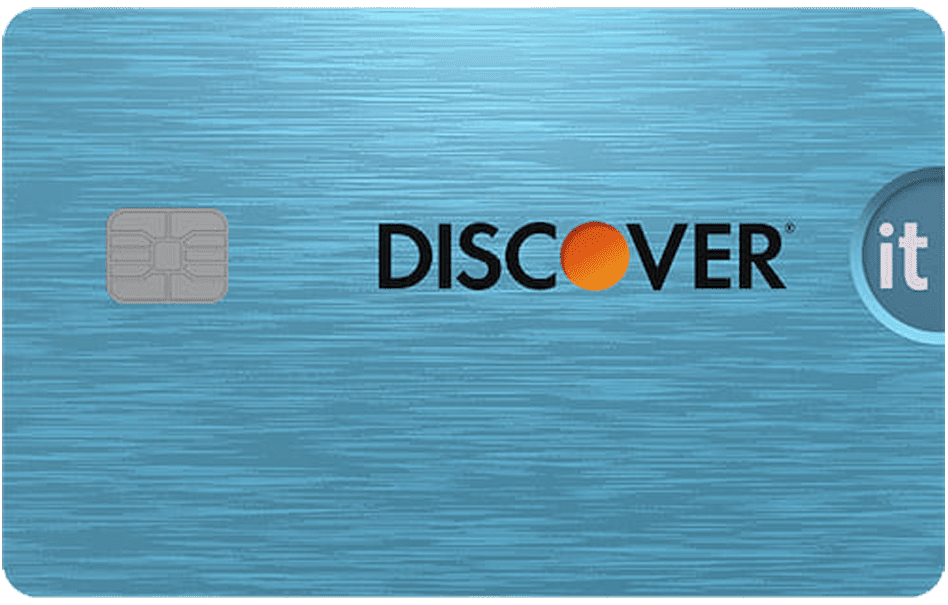
With the Discover it® Cash Back Card, you earn 5% cash back every quarter on all purchases from grocery stores, restaurants, and gas stations, plus a 1% cash back on all other purchases automatically.
At the end of the first year, you’ll also get a dollar-for-dollar cashback match on all the cash back you’ve earned automatically.
The Discover it® Cash Back Card has a variable APR starting at 16.49% with a 0% intro APR for the first 15 months.
Chase Sapphire Reserve®
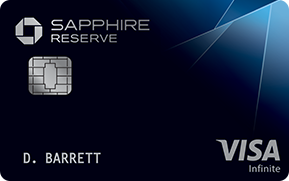
With the Chase Sapphire Reserve®, you can travel worldwide and earn 5x points on flights. You earn 10x points on hotels and car rentals after your first $300 spent annually by purchasing travel through Chase Ultimate Rewards®.
You’ll also automatically receive up to $300 in statement credits every year.
The Chase Sapphire Reserve® has a variable APR of 21.49% – 28.49% and the annual fee is $550 per year, with $75 for each additional cardholder.
Citi® Double Cash Card
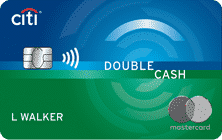
The Citi® Double Cash Card is a rewards card that earns you 2% cash back on purchases. New account holders can also benefit from a 0% intro APR offer for 18 months on balance transfers.
The card has no annual fee and you get all the usual perks: $0 liability on unauthorized changes, 24-hour fraud protection, and ID theft protection.
Comparing Credit Cards That Use Equifax
| Credit Card | Key Benefits | APR Range | Annual Fee | Special Features/Bonuses |
|---|---|---|---|---|
| Upgrade Cash Rewards Visa® | 1.5% Unlimited Cash Back, $200 Welcome Bonus, No Annual/Late Fees | Not specified | None | Credit Line Options: $500 to $25,000, Fixed-Rate Monthly Payments |
| Chase Freedom® Flex Card | 5% Cash Back in Bonus Categories, 1% on Other Purchases, No Annual Fee | 20.49% to 29.24% | None | Bonus Categories Change Quarterly |
| Discover it® Cash Back Card | 5% Cash Back on Quarterly Categories, 1% on Other Purchases, Cashback Match | 17.24% to 28.24% (0% Intro APR for 15 months) | None | Dollar-for-Dollar Cashback Match in First Year |
| Chase Sapphire Reserve® | 5x Points on Flights, 10x on Hotels and Car Rentals, $300 Travel Credit | 21.49% to 28.49% Variable | $550 | Up to $300 in Statement Credits Annually, Luxury Travel Benefits |
| Citi® Double Cash Card | 2% Cash Back on Purchases, 0% Intro APR for 18 Months on Balance Transfers | 19.24% – 29.24% | None | Cash Back on Purchases, Balance Transfer Offer |
Why Minor Score Differences Don’t Matter
- Similar Scoring Models: While your scores from different bureaus might not be identical, they are usually similar because the bureaus use comparable criteria to evaluate your credit history.
- Beyond the Score: Credit decisions are based on a range of factors, including your income and debt levels. Therefore, a slight difference in your scores from different bureaus is unlikely to be a deal-breaker.
Addressing Significant Score Discrepancies
- A Red Flag: Large differences in your scores across bureaus should prompt you to check for inaccuracies or fraudulent activities in your reports.
- The Importance of Regular Monitoring: Regularly checking your credit reports from all three bureaus is crucial for maintaining your financial health and spotting errors or suspicious activities early.
Benefits of Credit Cards that Use Equifax
There are a few key benefits for using credit cards that use Equifax.
First, Equifax is one of the three major credit bureaus in the US, so by using a card that reports to them, you can help build your credit history.
Second, because Equifax is a major credit bureau, many financial institutions use it as a way to determine your creditworthiness. So if you have a good Equifax score, you may be more likely to be approved for loans and lines of credit.
Finally, using a card that reports to Equifax can help you monitor your credit report for potential fraudulent activity.
How to Choose the Right Card
There are a few things to consider when choosing the right credit card that uses Equifax. The first is what type of card you want: a rewards card, a cash-back card, or a balance transfer card.
Each has different benefits and drawbacks, so it’s important to choose the one that best fits your needs.
The second thing to consider is what type of rewards you’re looking for:
- If you travel often, you’ll want a card that offers travel rewards like free flights or hotel stays.
- If you’re more interested in cash back, look for a card that offers a high percentage back on all of your purchases.
Finally, consider the APR (which includes the total cost of borrowing, fees included) rather than interest rate associated with each card for comparison purposes.
Fees and Interest Rates
Typically, the higher the credit limit on a card, the higher the annual fee will be. However, some cards will waive the annual fee for the first year.
As for interest rates, the APR for purchases and balance transfers is usually around 15-25%. Cash advance APRs are typically much higher, around 24-30%.
And if you make a late payment or your payment is returned, you may be subject to a penalty APR which could be as high as 29.99%.
Finally, there’s the minimum interest charge – this is the lowest amount of interest you’ll be charged monthly even if you only have a small balance on your card.
Tips for Using Credit Cards with Equifax
If you’re looking for a credit card that uses Equifax, there are a few things you should keep in mind. Here are some tips to help you choose the best card:
- Consider your credit score. If you have a good or excellent credit score, you’ll likely be able to qualify for a card with a low-interest rate and favorable terms. If your credit score is fair or poor, you may still be able to qualify for a card, but you may have to pay a higher interest rate.
- Compare different offers. Once you know what kind of card you’re looking for, compare different offers to find the one that best suits your needs. Make sure to compare APR, and other features.
- Read the fine print. Before you apply for any credit card, make sure you understand all of the terms and conditions. This includes understanding the interest rate, grace period, late payment fees, and any other charges that may apply.
- Use your card wisely. Once you have your new credit card, use it wisely! Make sure to make your payments on time and keep your balance low to avoid paying high-interest charges.
Conclusion
Credit cards that use Equifax can be a great way to access credit, manage debt, and build your credit score.
Whether you’re looking to earn rewards or gain access to exclusive benefits, there are plenty of card options available to fit your lifestyle.
With the right research and careful consideration, you can find a card that will provide all of the benefits you need while also taking advantage of Equifax’s extensive services.



